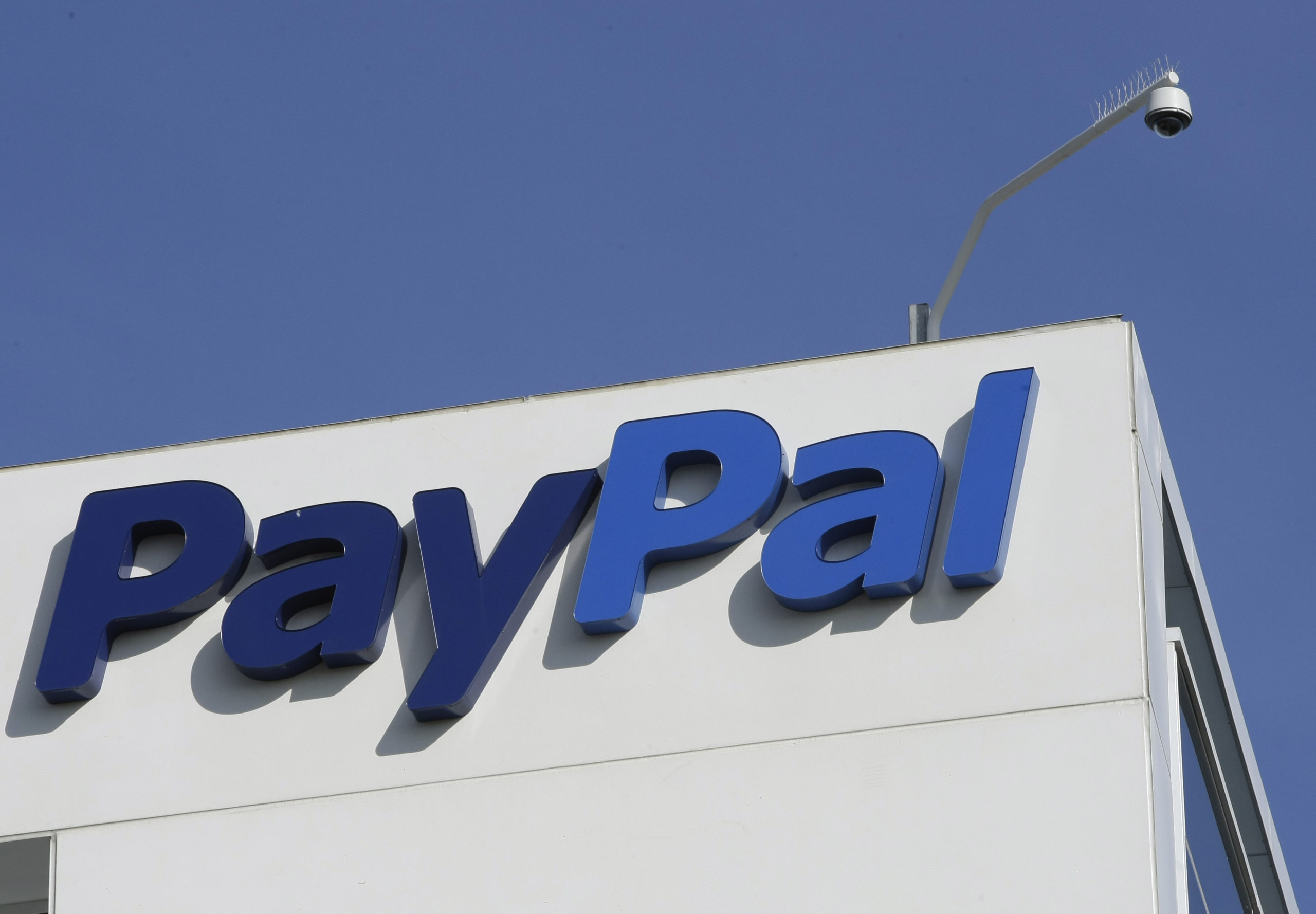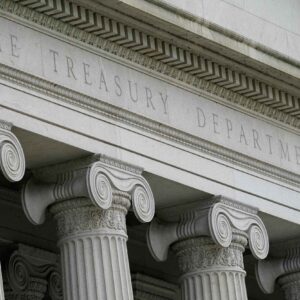Maybe after Elon Musk purchases Twitter and brings back free speech to that platform, he can turn his attention to fixing PayPal, the company he helped launch two decades ago.
The digital financial services company has enacted a new policy that will allow the firm to sanction users whom they believe advance purported “misinformation” or if they are deemed a risk to the “wellbeing” of users.
How will PayPal “sanction” users? They will pull money out of their account up to $2,500.
The company has been taking individuals and organizations off the platform for their political views but starting November 3, they are expanding their list of prohibited activities and taking it upon themselves to fine perceived violators.
The list of infractions will include the “promotion of hate, violence, racial or other formers of intolerance that is discriminatory.”
The user agreement for PayPal has language in it that contains a provision where account holders acknowledge that $2,500 is a reasonable minimum estimate of PayPal’s damages. The company is saying they will charge up to that amount because of administrative costs of tracking violations and damage to their reputation.
Conservative viewpoints are clearly in the crosshairs of PayPal. The company shut down three accounts linked to conservative commentator Toby Young, who runs a nonprofit called Free Speech Union. Young said he was bankrupted because PayPal payment systems are embedded in his platforms.
What PayPal is doing is similar to GoFundMe, which has seized millions in funds raised for truckers in Canada.
Twitter and Facebook have a history of censoring political views they disagree with.
UPDATE:
PayPal announced on Saturday they have changed their mind on a new published policy that would have fined users up to $2,500 for spreading what they deemed to be “misinformation.”
They were under extreme pressure from angry customers and believers in free speech, and apparently buckled. Here’s a portion of their statement.
“An AUP notice recently went out in error that included incorrect information. PayPal is not fining people for misinformation and this language was never intended to be inserted in our policy. Our teams are working to correct our policy pages. We’re sorry for the confusion this has caused.”


















Add comment